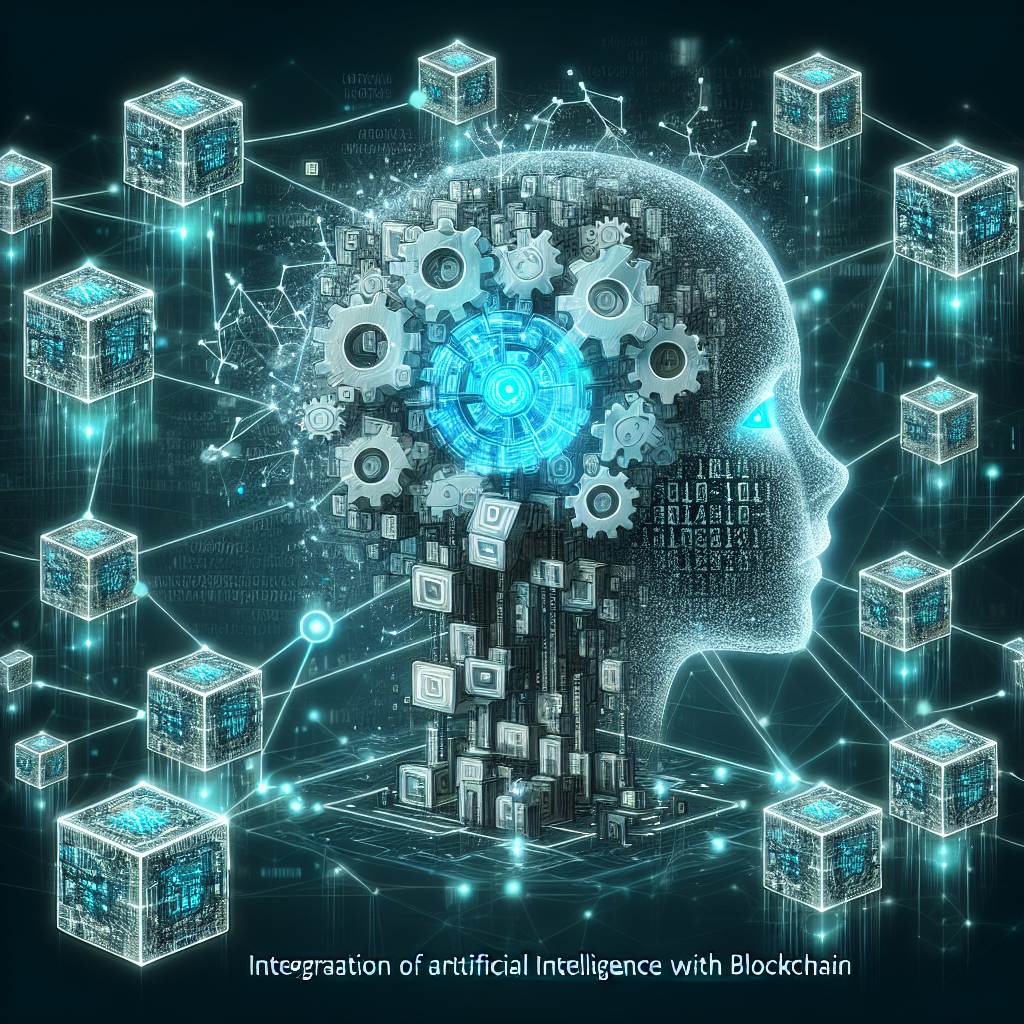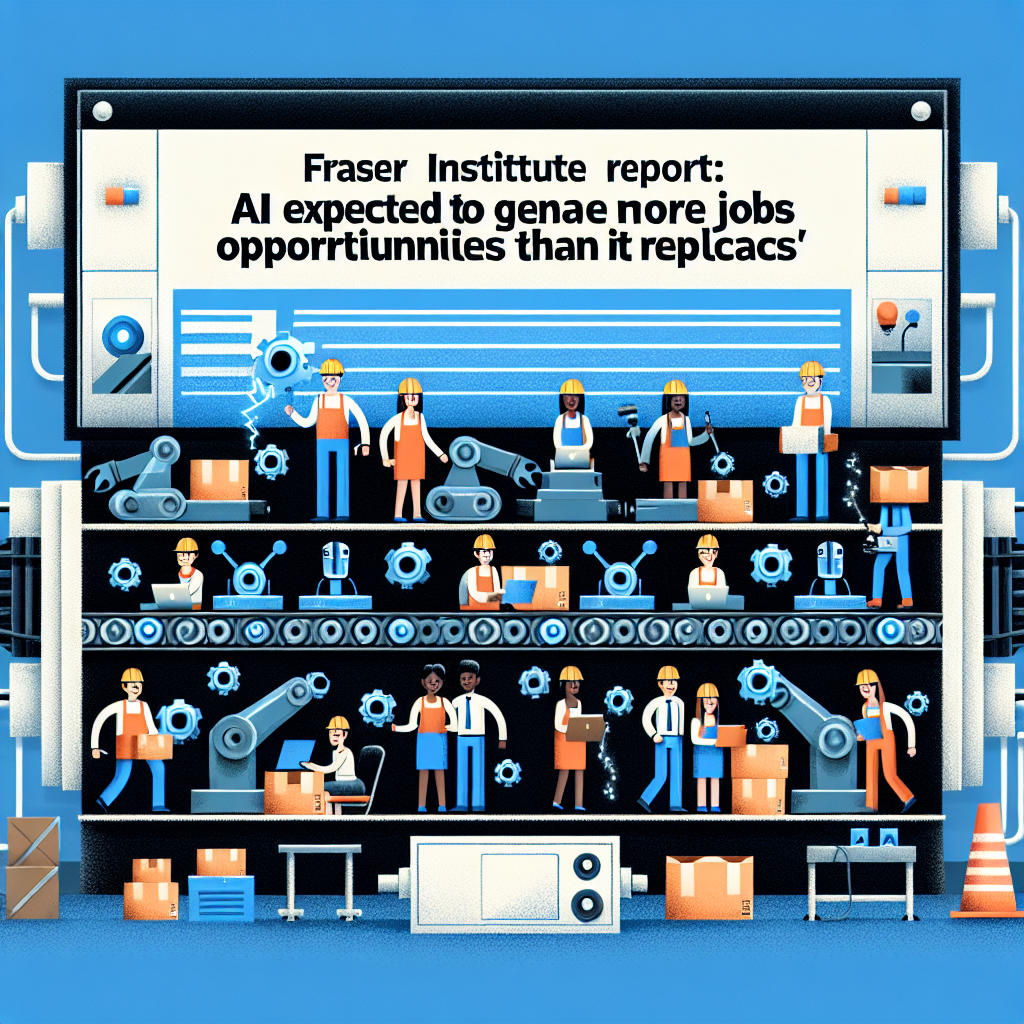The Impact of AI on the Workforce: Opportunity or Threat?
The rise of Artificial Intelligence (AI) has sparked widespread debate about its impact on jobs and employment. While many fear AI will lead to mass unemployment, new research from the Fraser Institute suggests otherwise. Similar to past technological advancements, AI is expected to create more opportunities for workers than it eliminates.
Understanding AI’s Role in Job Transformation
Just as historical innovations—such as automation in manufacturing and the rise of the internet—initially displaced certain jobs before generating new ones, AI is poised to follow the same trajectory. The key is to focus on how AI enhances productivity, streamlines processes, and ultimately fosters economic growth.
Lessons from Past Technological Advancements
Throughout history, major technological breakthroughs have reshaped industries while also generating new employment opportunities. Consider these examples:
- The Industrial Revolution: Mechanization led to job losses in manual labor but simultaneously created a demand for factory workers, engineers, and machine operators.
- The Digital Revolution: While automation disrupted certain clerical jobs, it introduced a surge of IT-related careers, including software development, cybersecurity, and digital marketing.
- The Internet Boom: Traditional retail faced challenges, but e-commerce and digital services spawned millions of jobs across logistics, web development, and customer support.
Similarly, AI will likely displace some roles but unlock entirely new avenues for employment.
How AI Enhances Productivity and Job Growth
AI-driven automation is particularly efficient in handling repetitive and mundane tasks, allowing human workers to focus on higher-value and more strategic activities. Here’s how AI is expected to contribute to job creation:
1. Expanding Roles in AI Development and Maintenance
As AI adoption surges, so does the need for experts in AI ethics, machine learning, and algorithm development. Businesses also require professionals to maintain, troubleshoot, and upgrade AI systems, ensuring smooth integration into existing workflows.
2. Opportunities in AI-Augmented Professions
Rather than replacing jobs, AI enhances professional capabilities. Some key fields experiencing AI-driven transformation include:
- Healthcare: AI is being used in medical diagnostics, patient risk assessments, and robotic-assisted surgeries, helping doctors and nurses provide better care.
- Finance: AI-driven analytics and automated trading systems are improving decision-making for financial institutions.
- Marketing: AI assists in data analysis, customer segmentation, and personalized campaigns, enabling businesses to target their audience more effectively.
3. Creation of New AI-Empowered Industries
With AI becoming increasingly embedded in daily life, entirely new industries and business models are emerging. Consider how sectors such as autonomous vehicles, virtual assistants, and AI-driven content creation have rapidly grown, offering fresh employment opportunities.
Upskilling and Adaptation: Key to Thriving in the AI Era
While AI’s integration into the workforce is inevitable, individuals and businesses must adapt to remain competitive. Here’s how workers can future-proof their careers:
1. Continuous Learning
Developing new skills—particularly in technology and critical thinking—will enable workers to stay relevant. Platforms offering AI-related courses, such as Coursera and Udemy, allow professionals to reskill efficiently.
2. Emphasis on Human-Centric Skills
AI excels at automation but lacks emotional intelligence, creativity, and problem-solving abilities. Roles demanding empathy, negotiation, and innovation will remain largely human-centric, retaining strong job potential.
3. Encouraging Workplace AI Integration
Companies that embrace AI augmentation rather than resistance will be better positioned to evolve. Encouraging collaboration between AI systems and human expertise can lead to smarter, more productive workplaces.
Final Thoughts
While concerns about AI and job displacement are valid, history suggests that technological advancements create more opportunities than they destroy. By investing in re-skilling, adapting to AI-driven workflows, and leveraging the strengths of both humans and technology, the workforce can successfully transition into an AI-powered future. Rather than fearing AI’s impact, embracing it as a tool for innovation, efficiency, and job creation will lead to long-term benefits for businesses and employees alike.



Leave a Reply